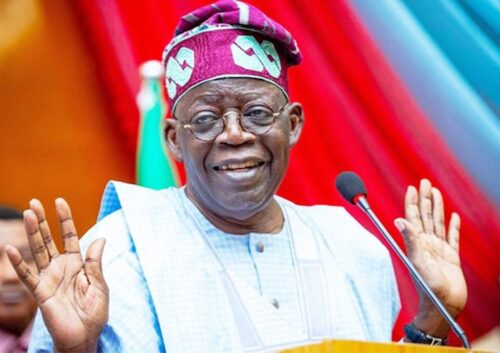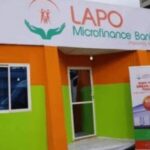
President Bola Tinubu has formally requested the National Assembly to approve an increase in the 2025 budget from N49.7 trillion to N54.6 trillion, marking a 9.77% rise in proposed government spending.
The budget follows a fiscal policy expansion, which aims to stimulate economic growth through increased government expenditure. However, experts caution that without proper management, such an increase could also lead to inflation.
Ike Ibeabuchi, an emerging markets expert, emphasized the need for the government to fund the budget through productive activities rather than excessive borrowing or printing of money to prevent inflation pressures.
Meanwhile, Taiwo Oyedele, Chairman of the Presidential Fiscal Policy and Tax Reforms Committee, argued that the budget will not trigger inflation as long as spending is backed by revenue from taxes, resource income, or borrowing from external sources rather than the Central Bank of Nigeria (CBN). He cited examples of Nordic countries like Denmark, Norway, and Sweden, which allocate 40-50% of their GDP to public spending without experiencing uncontrolled inflation.
Senate President Godswill Akpabio clarified that the additional N4.86 trillion in revenue is derived from the increased earnings of key government agencies in the past year. These earnings are the Federal Inland Revenue Service (FIRS) (N1.4 trillion), the Nigeria Customs Service (NCS) (N1.2 trillion) and other government agencies (N1.8 trillion). This suggests that the budget expansion is not dependent on printing new money, thereby reducing the risk of inflation.
However, concerns remain about the burden on businesses and individuals if tax collection efforts intensify. Nigeria already has one of the highest corporate tax rates globally (over 30%), though ongoing tax reforms propose reducing it to 25%.
The success of the budget largely depends on how these funds are allocated. A Lagos-based senior economist noted that if the funds are directed toward infrastructure development, power, healthcare, and transportation, they could drive economic growth and create jobs. However, if misallocated to recurrent expenditures or non-essential government spending, the economic benefits may be negligible.
President Tinubu outlined the specific allocations for the additional revenue. The allocations are;
- Solid Minerals – N1 trillion
- Bank of Agriculture Recapitalization – N1.5 trillion
- Bank of Industry Recapitalization – N500 billion
- Critical Infrastructure – N1.5 trillion
- Military Barracks Accommodation – N250 billion
- Military Aviation – N120 billion
- Irrigation Development – N380 billion
- Transportation Infrastructure – N700 billion
- Border Communities Infrastructure – N50 billion
Tinubu stressed that national security remains a top priority, highlighting that investments in military infrastructure and aviation are not just budgetary decisions but moral imperatives essential for ending terrorism and ensuring economic stability.
The fiscal approach expansions align with Keynesian economic principles, which advocate for increased government spending to drive demand, especially in times of economic slowdown. However, the effectiveness of this strategy depends on prudent resource allocation, transparency, and efficient project execution.
With Nigeria aiming to balance economic growth, inflation control, and national security, the coming months will determine whether this budget ushers in prosperity or exacerbates fiscal pressures.


